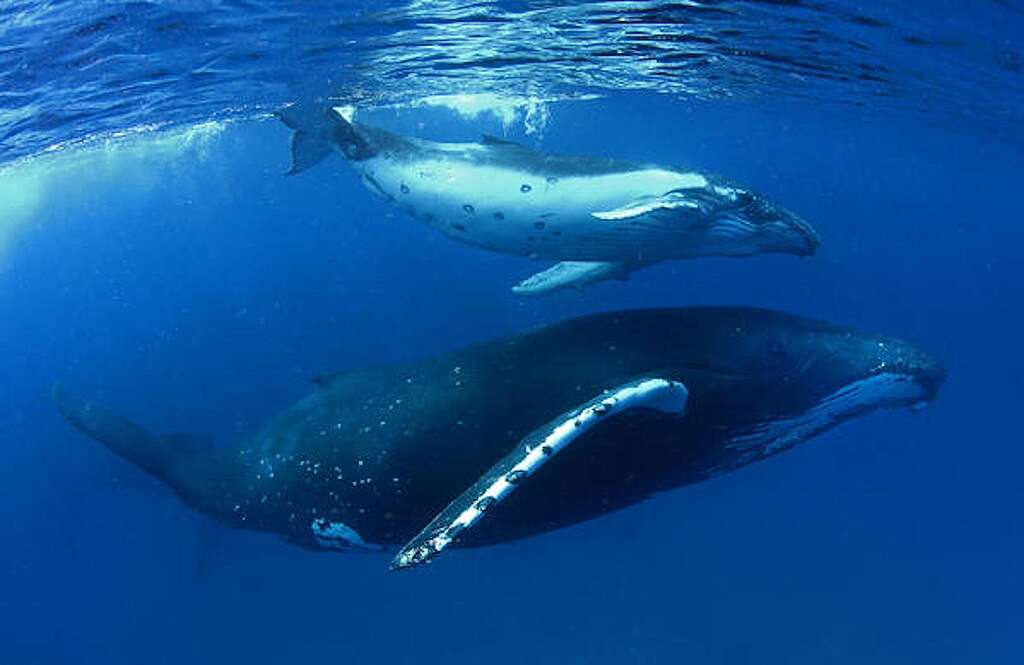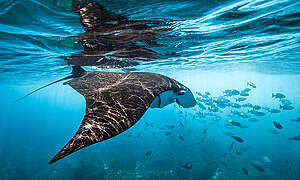This report explores how Regional Fisheries Management Organisations (RFMOs) have not met their mandate for sustainably managing the impacts of fishing activity on biodiversity in international waters. It then sets out how the recently won Global Ocean Treaty (BBNJ Agreement) can remedy this systematic mismanagement of biodiversity on the high seas.
RFMOs, which exist to sustainably manage fishing and its impacts in international waters (and convention areas within national jurisdiction), first emerged seven decades ago. Since then, RFMOs have overseen a worsening ocean crisis and have not engaged in a precautionary approach to prevent industrial overfishing of multiple target and non-target species, the decimation of various sensitive migratory species and the destruction of vulnerable marine ecosystems.
RFMOs, in general, provide a vivid example of the current system of global ocean governance and mismanagement. While there have been small conservation gains under some RFMOs, in 2016, 75% of an assessed 48 high seas fish populations (stocks) were considered depleted or overfished.1
Agreed and adopted in 2023, the Biodiversity Beyond National Jurisdiction (BBNJ) Agreement, also known as the Global Ocean Treaty, can provide an urgently needed means of addressing spatial and taxonomic gaps in RFMOs management of industrial fisheries impacts in international waters.
The Treaty, which exists to conserve marine biodiversity beyond national jurisdictions, crucially provides a legal tool which can deliver biodiversity conservation goals including marine protected areas covering 30% of the world’s oceans via a three-quarter majority vote (once ratified). This provision ensures that the Treaty will not mirror the RFMOs, where, in many cases, consensus decision making allows just one actor negotiating to block all progress towards new conservation and management measures.
Primarily, RFMOs are unable to manage fisheries impacts upon biodiversity on the high seas because of their:
Limited scope:
The current single-stock assessment approach which dominates RFMO management does not account for the whole marine ecosystem. Significant geographical gaps remain with many large industrial fleets operating outside of the regulation of any RFMO.
Lack of transparency and accountability:
Civil society participation and scrutiny of RFMO meetings is severely restricted, while industry representatives are granted a seat at the table, often being included in government delegations.
Consensus-based decision making:
Most RFMOs operate through this system, which allows a minority of actors to block progress towards additional conservation and management measures for the high seas.
Failure to follow scientific advice:
Observer coverage rates on most RFMO fleets remain insufficient despite recommendations from their own scientific bodies, almost no bycatch species have mortality caps and many Vulnerable Marine Ecosystems remain unprotected; delegates consistently use doubt and a lack of scientific certainty as a tool to delay any progress towards new conservation measures.
This report recommends that the Global Ocean Treaty uses its new mandate to deliver marine protection for the high seas; that RFMOs strengthen their biodiversity conservation and sustainable management agenda; and that measures adopted under the Treaty are adequately implemented. Governments must act with urgency in the coming months and ensure the Treaty enters into force by the UN Ocean Conference in 2025.

The Global Ocean Treaty is one of the most important international conservation agreements in history and the first focused on conserving marine life on the High Seas.
Get Involved1 Cullis-Suzuki S. and Pauly D. (2016) Global evaluation of High Seas Fishery Management.in: Pauly D and Zeller D (2016) Global Atlas of Marine Fisheries: A critical appraisal of catches and ecosystem impacts. Island Press, pp 76-85.


